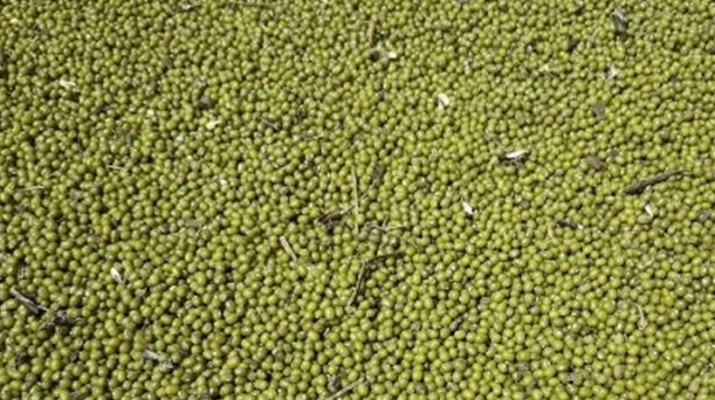By Debra Rono
The Senate of Kenya has issued a statement clarifying the provisions of the Mung Beans Bill 2022.
This legislation aims to establish a regulatory framework for the mung bean industry within the nation, focusing registration of small and medium-sized mung bean farmers and the licensing of large-scale traders.
The Mung Beans Bill, 2022, was officially published on 30th December 2022 and was read for the First Time in the Senate on 15th February 2023. Contrary to some reports, the Bill is no longer in the Senate; it was passed in the Senate and referred to the National Assembly on 21st February 2024.
Additionally the Bill seeks to facilitate and develop a framework that will regulate and promote the mung bean industry in Kenya, ensuring that it thrives both locally and internationally. The registration process is a step towards achieving these goals, not a punitive measure against farmers
“The Bill does not impose a license requirement for growing mung beans; it only requires registration for small and medium-size farmers, similar to other regulated crops. The licensing provisions are solely for commercial activities such as processing and large-scale trading,”read the Bill.
According to the bill sponsored by Kitui senator Enoch Wambua in 2022, the bill seeks to have only the small and medium-sized mung beans widely known as ndengu farmers, register with their respective county executive committees (CEC) responsible for agriculture.
The bill outlines that each mung bean grower must provide specific information, including their name, location, land size, parcel number, and the variety of mung bean being cultivated.
This is to help strategize how to make Kenya’s mung bean industry competitive on an international level.
“The registration of small and medium-sized mung bean growers is intended to help the government better understand and promote the development of the mung bean industry. This data is crucial for strategizing how to make Kenya’s mung bean industry competitive on an international level,” added the bill.
The County CEC is in turn tasked with forming a county licensing committee, which will include a chairperson, a representative of mung bean farmers, and three public officers from the agricultural department.
In a bill referred to the National Assembly on 21st February 2024 by the senate, every individual intending to participate in the processing and large-scale trading of mung beans will have to obtain a license from the Agriculture and Food Authority (AFA) to do so if enacted.
“Licensing is specifically required only for persons or entities that intend to market, process, or engage in large-scale trading of mung beans and related products.” the bill stated.
Individuals found in violation of this legislation may face a fine of 1 million or imprisonment for two years.

